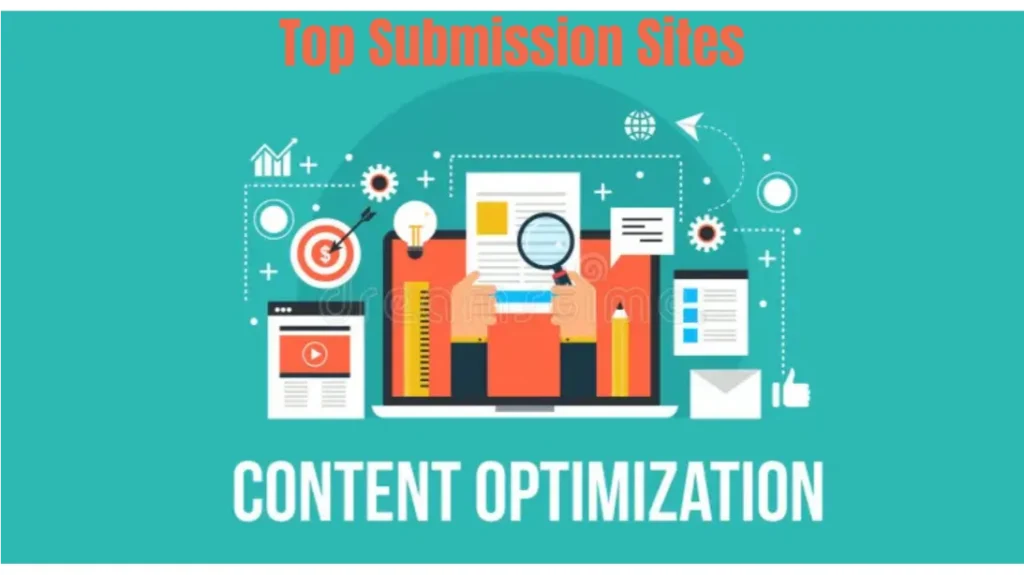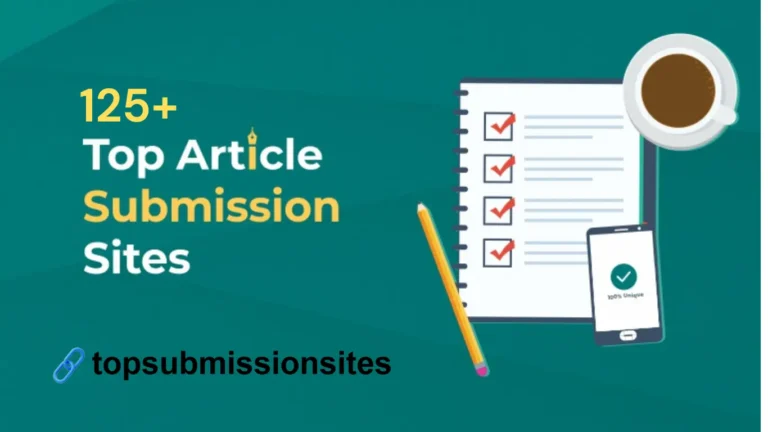Master the Art of Content Optimization: The Complete 2025 Guide

Content Optimization
Content optimization is the backbone of successful digital marketing. Whether you’re writing blogs, social media posts, or press releases, optimizing your content ensures it reaches the right audience and ranks higher on search engines. In this guide, we’ll take you from beginner to advanced levels in content optimization, helping you create high-quality, engaging, and SEO-friendly content.
What is Content Optimization?
Content optimization is the process of improving your content to make it more visible and appealing to both search engines and readers. It involves using the right keywords, structuring your content effectively, and ensuring it provides value to your audience.
Why is Content Optimization Important?
Boosts Search Engine Rankings: Properly optimized content ranks higher on search engines like Google.
Increases Organic Traffic: Better rankings lead to more visitors to your website.
Engages Your Audience: Well-optimized content is easy to read and keeps readers hooked.
Improves Conversions: Optimized content drives action, whether it’s signing up, purchasing, or sharing.
How to Write Optimized Content for Digital Marketing
1.Blog Writing
Choose the Right Keywords: Use tools like Google Keyword Planner to find keywords like “content optimization” and “guide.”
Write Engaging Headlines: Include your focus keyword in the title and H1.
Structure Your Content: Use H2 and H3 tags to break down sections.
Add Visuals: Images, infographics, and videos make your blog more engaging.
Optimize for SEO: Use meta descriptions, alt text, and internal links.
2. Social Media Content
Keep it Short and Sweet: Social media users prefer concise, impactful content.
Use Hashtags: Include relevant hashtags to increase visibility.
Add a Call-to-Action (CTA): Encourage users to like, share, or comment.
3. Press Releases
Focus on Newsworthiness: Highlight what’s unique about your news.
Use a Clear Structure: Include a headline, sub headline, body, and boilerplate.
Optimize for SEO: Use keywords naturally and include links to your website.
Beginner to Advanced Content Optimization Tips
Beginner Level
Research and use focus keywords like “content optimization” and “guide.”
Write meta descriptions under 150 characters.
Use keywords in the first 25% of your content.
Intermediate Level
Optimize for user intent by answering common questions.
Use LSI (Latent Semantic Indexing) keywords related to your focus keyword.
Improve readability by using short sentences and paragraphs.
Advanced Level
Implement schema markup to help search engines understand your content.
Use AI tools to analyze and improve content performance.
Regularly update old content to keep it relevant.
How to Advance Content Optimization in Your Blog
Conduct Regular Audits: Use tools like SEMrush or Ahrefs to identify areas for improvement.
Focus on Mobile Optimization: Ensure your blog is mobile-friendly.
Leverage Analytics: Track user behavior and adjust your strategy accordingly.
Build Backlinks: High-quality backlinks improve your blog’s authority.
Conclusion
Mastering content optimization can take your digital marketing efforts to the next level. Whether you are a beginner or an expert, following these strategies will improve your content’s reach and effectiveness.
At Top Submission Sites, we help you amplify your content’s reach by submitting it to high-authority platforms. Whether it’s blogs, press releases, or social media posts, our services ensure your content gets the visibility it deserves. Visit us to learn more about how we can boost your digital marketing efforts.





Hello there! This article could not be written much better!
Reading through this post reminds me of my previous roommate!
He always kept talking about this. I most certainly will send this post to him.
Fairly certain he’s going to have a very good read.
I appreciate you for sharing!
Thank you . You enjoyed reading our blog.
[…] keyword research tool is a game-changer for content creators and SEO strategists. It provides a comprehensive list of keywords related to your niche, along with crucial metrics […]
Serpstat’s keyword research tool stands as a game-changer for content creators and SEO strategists alike. This powerful feature offers a comprehensive list of keywords intricately tied to your specific niche. What sets it apart is the inclusion of crucial metrics such as search volume, competition levels, and cost-per-click data. This amalgamation of data empowers users to make informed decisions about their content strategy, ensuring they target keywords that align with their goals and have the potential to drive organic traffic. Serpstat’s commitment to providing detailed insights through its keyword research tool is a testament to its dedication to facilitating effective and impactful digital marketing strategies.
Can you be more specific about the content of your article? After reading it, I still have some doubts. Hope you can help me.
yes